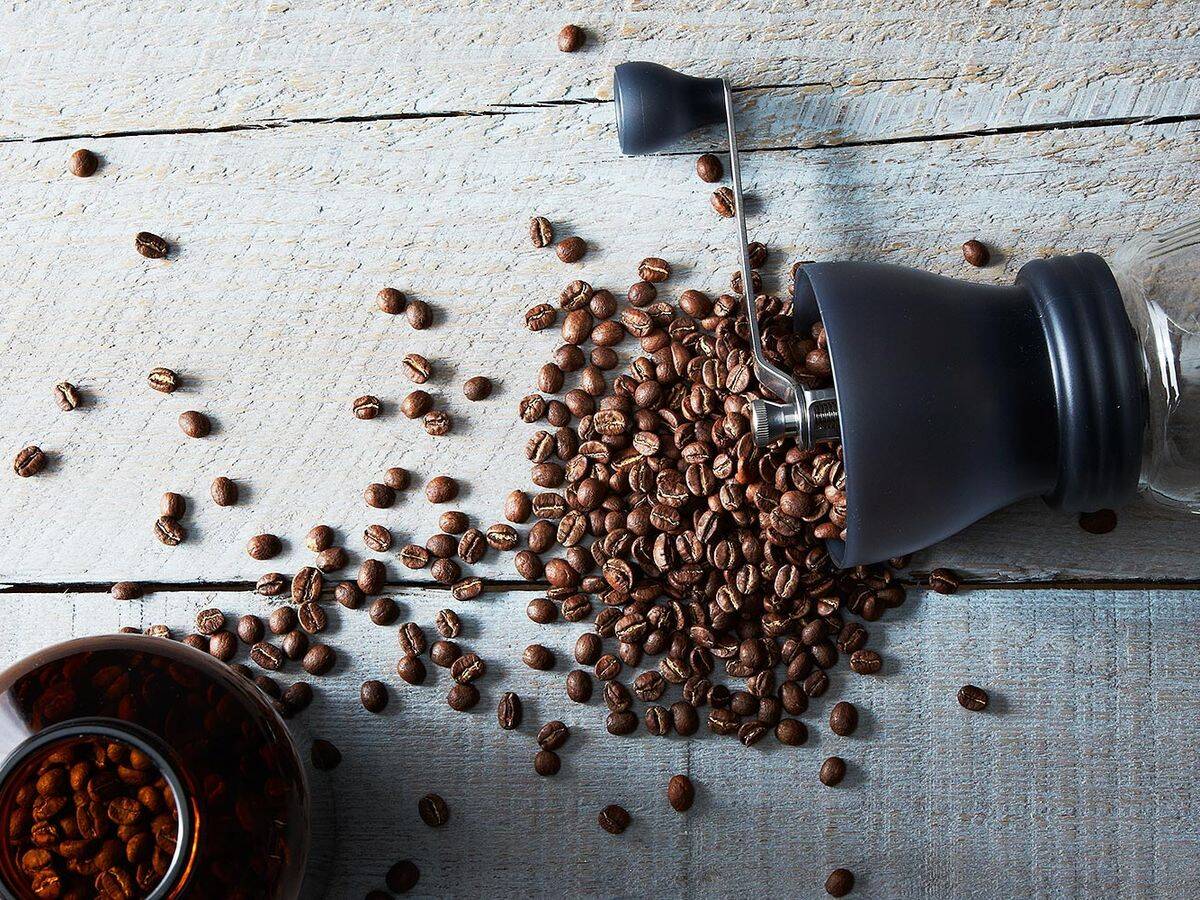

Articles
How To Store Coffee Beans For 6 Months
Modified: January 6, 2024
Discover the best methods for storing coffee beans to keep them fresh for up to 6 months. Read our informative articles for expert tips and tricks.
(Many of the links in this article redirect to a specific reviewed product. Your purchase of these products through affiliate links helps to generate commission for Storables.com, at no extra cost. Learn more)
Introduction
When it comes to enjoying a delicious cup of coffee, the freshness and quality of the beans are crucial factors. Coffee beans are at their best when they are freshly roasted and ground. However, if you have a surplus of coffee or you want to stock up on your favorite beans, it’s important to know how to store them properly to maintain their flavor and aroma.
Proper coffee bean storage is essential to preserve their freshness and prevent them from becoming stale or losing their unique flavors. By following the right techniques and creating an ideal storage environment, you can extend the shelf life of your coffee beans and enjoy a satisfying cup of coffee for up to six months.
In this article, we will explore the importance of proper coffee bean storage, the factors that can affect their shelf life, and steps you can take to store them effectively for a longer duration. Whether you are a coffee lover or a coffee shop owner, understanding how to store coffee beans will ensure that every brew delivers the best possible flavor and aroma.
Key Takeaways:
- Proper coffee bean storage is crucial to preserve freshness, flavor, and aroma. Protect beans from air, light, heat, and moisture in airtight, opaque containers for up to six months of delightful brewing.
- Choose high-quality beans, store in airtight containers, and avoid freezing or refrigerating. Follow simple steps and tips to extend the shelf life of coffee beans for a consistently flavorful and satisfying cup every time.
Read more: How To Store Tomatoes For 6 Months
Understand the Importance of Proper Coffee Bean Storage
Proper coffee bean storage is essential to maintain the quality and flavor of your beans. Coffee beans contain volatile compounds that give them their distinctive aroma and taste. However, exposure to air, light, heat, and moisture can cause these compounds to break down, resulting in a loss of flavor and aroma.
By storing your coffee beans correctly, you can slow down the oxidation process and preserve their freshness for a longer period. This is especially important if you buy your coffee beans in bulk or if you only use them occasionally.
Furthermore, storing your coffee beans properly can also help prevent them from absorbing unwanted odors or flavors. Coffee beans are porous and can easily pick up the surrounding aromas. If you store them in a container with strong-smelling substances, such as spices or cleaning products, they may absorb these flavors and compromise the taste of your coffee.
When coffee beans are exposed to moisture, they can easily become stale and develop mold. This not only affects the taste but can also pose health risks. Without proper storage, the moisture content of the beans can shift, leading to an inconsistent grind and extraction.
Overall, proper coffee bean storage is crucial to preserve the freshness, flavor, and aroma of your beans, allowing you to enjoy a consistently excellent cup of coffee every time you brew.
Factors Affecting Coffee Bean Shelf Life
Several factors can influence the shelf life of coffee beans and determine how long they will remain fresh and flavorful:
- Air Exposure: Oxygen is one of the biggest enemies of coffee beans. Exposure to air speeds up the oxidation process, leading to the degradation of the beans’ flavors and aromas. Make sure to store your beans in an airtight container to minimize air contact.
- Light: Sunlight or artificial light can also degrade the quality of coffee beans. Ultraviolet rays break down the compounds that give coffee its unique flavors. Choose a storage location away from direct light or use opaque containers to protect the beans.
- Temperature: Coffee beans are best stored in cool temperatures. Heat can accelerate the staling process and cause the oils in the beans to deteriorate, resulting in a loss of flavor. Avoid storing coffee beans near heat sources such as stoves, ovens, or direct sunlight.
- Moisture: Coffee beans are hygroscopic, meaning they can absorb moisture from the environment. Excess moisture can lead to mold growth and spoilage. It’s essential to keep your coffee beans dry by storing them in a cool and dry place away from humid environments.
- Grind: Whole coffee beans have a longer shelf life compared to pre-ground coffee. Grinding the beans increases the surface area, which exposes more of the bean to oxygen and accelerates the oxidation process. It’s recommended to grind your beans just before brewing for the freshest results.
- Quality of Beans: The quality of the beans themselves can impact their shelf life. High-quality, freshly roasted beans will have a longer shelf life compared to lower-quality beans that may have been sitting on the shelf for a longer time.
By understanding these factors, you can take the necessary precautions to protect your coffee beans and prolong their shelf life. Implementing proper storage techniques and minimizing exposure to air, light, heat, and moisture will help preserve the freshness and flavor of your beans for an extended period.
Choosing the Right Storage Container for Coffee Beans
Choosing the right storage container for your coffee beans is crucial in maintaining their freshness and flavor. Here are some factors to consider when selecting a container:
- Airtightness: Opt for a container that provides an airtight seal. This prevents air from entering the container and oxidizing the beans, preserving their flavors and aromas. Look for containers with rubber gaskets or silicone seals to ensure a tight closure.
- Material: Glass and stainless steel containers are excellent choices for storing coffee beans. They are non-reactive and won’t absorb or transfer any odors or flavors to the beans. Avoid using containers made of plastic, as they can release chemicals that may affect the quality of the beans.
- Size: Choose a container that matches the amount of coffee beans you plan to store. It’s important to avoid empty space in the container as this will increase the amount of air inside. If you have a larger container with extra space, consider using a smaller airtight canister to store any remaining beans.
- Opaque or UV-Protected: To protect the beans from light exposure, opt for containers that are opaque or have a UV-blocking feature. Light can degrade the quality of the beans and accelerate the oxidation process, resulting in stale flavors.
- Easy to Use and Clean: Look for a container that is easy to open and close, allowing you to access the coffee beans conveniently. Additionally, a container that is easy to clean will help maintain proper hygiene and prevent any residual oils or flavors from contaminating new batches of beans.
- Extra Features: Some containers come with features like a built-in valve to release trapped carbon dioxide gas emitted by freshly roasted beans. This valve can help ensure the beans remain fresh by releasing any excess gas without letting oxygen in.
Remember to label your storage container with the roast date and type of coffee beans. This will help you keep track of the freshness and variety of your beans, allowing you to enjoy a more personalized coffee experience.
By selecting the right storage container, you can create an optimal environment for your coffee beans, keeping them fresh and flavorful for an extended period.
Ideal Conditions for Coffee Bean Storage
To ensure the longevity and quality of your coffee beans, it’s important to create an ideal storage environment. Here are the key factors to consider:
- Temperature: The ideal temperature range for storing coffee beans is between 50°F and 70°F (10°C and 21°C). Avoid exposing them to extreme heat or cold, as fluctuations in temperature can impact the flavor and aroma of the beans.
- Humidity: Coffee beans are sensitive to moisture, so it’s essential to keep them in a low-humidity environment. Aim for a humidity level between 50% and 70%. Exposure to high humidity can cause the beans to absorb moisture, leading to spoilage and a loss of flavor.
- Light: Protect your coffee beans from direct sunlight or artificial light. Light can degrade the quality of the beans and accelerate oxidation. Store them in a dark or opaque container to shield them from light exposure.
- Air: Minimize air exposure to prevent oxidation. Oxygen can quickly deteriorate the flavors and aromas of coffee beans. Always store your beans in an airtight container with a secure seal to keep out air and maintain freshness.
- Odor: Coffee beans are highly absorbent and can easily pick up odors from the surrounding environment. Store them away from strong-smelling substances such as spices, cleaning products, or other aromatic items. This will help preserve the purity of the coffee’s flavor.
- Storage Location: Find a suitable location for storing your coffee beans. Avoid areas that are subject to temperature fluctuations, such as near the stove or refrigerator. Additionally, keep them away from moisture-prone areas like the kitchen sink or dishwasher.
By maintaining these ideal conditions, you can extend the shelf life and preserve the freshness of your coffee beans. This will result in a more satisfying and flavorful cup of coffee every time you brew.
Store coffee beans in an airtight container in a cool, dark place away from sunlight, moisture, and heat. Avoid frequent opening to maintain freshness for up to 6 months.
Read more: How To Store A Car For 6 Months
Steps to Store Coffee Beans for 6 Months
To store your coffee beans effectively for up to six months, follow these simple steps:
- Select the Right Beans: Choose high-quality coffee beans that have been recently roasted. Freshly roasted beans have a longer shelf life and will retain their flavors and aromas for a longer period.
- Grind Only What You Need: To maintain freshness, only grind the amount of coffee beans you plan to use for each brew. Whole beans have a longer shelf life compared to pre-ground coffee, as grinding exposes more surface area to oxygen.
- Divide into Smaller Portions: If you have a large quantity of coffee beans, divide them into smaller portions. This allows you to store the majority of your beans in airtight containers while keeping only a small amount in a separate container for immediate use.
- Use Airtight Containers: Transfer your coffee beans into airtight containers, such as glass jars or stainless steel canisters, with a tight seal. Ensure that the containers are clean, dry, and free from any residual odors that could impact the flavor of the beans.
- Label the Container: Label each container with the roast date and type of coffee beans. This will help you keep track of the freshness and variety of your beans, allowing you to prioritize their use based on their age.
- Store in a Cool, Dark, and Dry Place: Find a suitable location to store your coffee bean containers. Keep them away from direct light and heat sources, such as sunlight, stovetops, and appliances. Aim for a cool, dark, and dry area, like a pantry or cupboard.
- Avoid Freezing or Refrigerating: While it may seem logical to freeze or refrigerate coffee beans to prolong their shelf life, it can actually cause moisture to be absorbed, resulting in flavor deterioration. It’s best to store coffee beans at room temperature.
- Minimize Air Exposure: When scooping coffee beans from your storage container, do it quickly and minimize the exposure time to air. This helps prevent unnecessary oxidation and maintains the freshness of the remaining beans.
- Do Not Repeatedly Open and Close Containers: To minimize the introduction of air, avoid frequently opening and closing your coffee bean containers once they are sealed. Instead, remove the desired quantity of beans at once and promptly reseal the container.
- Regularly Check and Rotate Stock: To ensure you use the oldest beans first, periodically check your coffee bean containers to see if any need to be consumed before others. This practice helps maintain freshness and prevents beans from sitting too long.
By following these steps, you can properly store your coffee beans for up to six months without sacrificing their freshness, flavor, or aroma. Enjoy a delightful cup of coffee with every brew, even if you have an ample supply of beans!
Tips for Extending the Shelf Life of Coffee Beans
To further extend the shelf life of your coffee beans and ensure their freshness over time, consider the following tips:
- Buy in Small Batches: Purchase coffee beans in smaller quantities to ensure that you can consume them within a reasonable time frame. This helps maintain their freshness and prevents the beans from sitting too long.
- Avoid Transparent Containers: Light can degrade the quality of coffee beans, so it’s best to store them in opaque containers or cabinets to protect them from exposure.
- Store Away from Heat and Moisture: Keep your coffee beans away from heat sources, moisture-prone areas, or open windows where they can be exposed to sunlight or humidity. This helps prevent flavor degradation and mold formation.
- Avoid Refrigeration and Freezing: Contrary to popular belief, refrigerating or freezing coffee beans can lead to moisture absorption and flavor loss. It is best to store them at room temperature in a cool, dark, and dry place.
- Avoid Grinding in Advance: Grind your coffee beans just before brewing to preserve their freshness. Pre-ground coffee has a shorter shelf life as it exposes more surface area to oxygen.
- Consider Vacuum Sealed Bags: If you buy coffee beans in vacuum-sealed bags, you can store them as is, ensuring maximum freshness. However, once opened, transfer the beans to an airtight container for long-term storage.
- Refrain from Using Clear Canisters: Although visually appealing, transparent canisters expose coffee beans to light, which can degrade their quality. Opt for opaque containers to protect the beans.
- Keep Away from Strong Odors: Coffee beans are porous and can absorb strong odors. Store them away from pungent spices, cleaning products, or any other scents that could taint the flavor of your coffee.
- Avoid Scooping with Damp or Dirty Scoops: Moisture or residue on your coffee scoop can introduce unwanted moisture to your beans. Use a clean, dry scoop to maintain the freshness of the beans.
- Monitor and Rotate Stock: Regularly check the freshness of your coffee beans and rotate the stock accordingly, consuming the older beans first. This helps ensure that you always enjoy the freshest cups of coffee.
By applying these tips, you can maximize the shelf life of your coffee beans, preserving their optimal flavors and aromas for an extended period. Enjoy a consistently flavorful and satisfying cup of coffee every time!
Frequently Asked Questions (FAQs)
Here are some common questions about storing coffee beans:
1. Can I store coffee beans in the freezer?
While it is possible to store coffee beans in the freezer, it is generally not recommended. Freezing can introduce moisture and affect the flavor of the beans. It is best to store coffee beans in a cool, dark, and dry place at room temperature.
2. How long do coffee beans stay fresh?
The freshness of coffee beans depends on various factors such as the roast date and storage conditions. For optimal taste and aroma, it is recommended to use coffee beans within two to four weeks of the roast date. However, when stored properly in airtight containers, coffee beans can remain fresh for up to six months.
3. Can I store coffee beans in the refrigerator?
Storing coffee beans in the refrigerator is not ideal. The fluctuating temperatures and moisture content in the fridge can impact the quality and flavor of the beans. It is best to store coffee beans in a cool, dark, and dry place away from heat sources.
4. Should I grind my coffee beans before storing?
It is best to grind coffee beans just before brewing to maintain optimal freshness and flavor. Grinding exposes more surface area to oxygen, which can lead to faster flavor degradation. For the best results, grind only the amount of beans you need for each brew.
5. Can I reuse coffee bean bags for storage?
Reusing coffee bean bags for storage is not recommended. Most coffee bean bags are not designed for long-term storage and may not provide an airtight seal. It is best to transfer your coffee beans to a proper airtight container to maintain their freshness.
6. How can I tell if my coffee beans have gone stale?
Stale coffee beans may lose their pleasant aroma and have a flat or dull taste. They may also produce less crema (for espresso) and fail to deliver the vibrant flavors associated with fresh coffee. Trust your senses and if the coffee no longer smells or tastes fresh, it may be time to replace your beans.
7. Can I store flavored coffee beans the same way?
Flavored coffee beans can be stored in the same way as regular coffee beans. However, keep in mind that the flavors may diminish over time, especially if stored for an extended period. It is best to consume flavored coffee beans within a few weeks for the best flavor experience.
Remember, proper storage is crucial for preserving the freshness and flavors of your coffee beans. By following the recommended storage techniques and conditions, you can enjoy a consistently satisfying cup of coffee every time you brew.
Conclusion
Proper coffee bean storage is essential for maintaining the freshness, flavors, and aromas of your favorite brew. By understanding the importance of storage, the factors that can affect shelf life, and implementing the right techniques, you can enjoy a delightful cup of coffee for an extended period.
Remember to select high-quality beans, store them in airtight containers away from heat, light, and moisture, and avoid grinding them in advance. Keep your coffee beans in a cool, dark, and dry place and refrain from freezing or refrigerating them.
By following the recommended steps and tips for storing coffee beans, you can extend their shelf life for up to six months. Regularly check and rotate your stock, label containers with roast dates, and always grind your beans just before brewing for the freshest flavor.
Whether you’re a coffee lover or a coffee shop owner, understanding how to store coffee beans is essential for ensuring the best possible flavor experience. With proper storage, you can savor every sip, enjoying the rich aromas and distinct flavors of your favorite coffee beans.
So, take the time to store your coffee beans properly and experience the true pleasure that comes with a freshly brewed cup of coffee, even months after the beans were roasted. Elevate your coffee-making routine and savor every moment of your coffee journey!
Frequently Asked Questions about How To Store Coffee Beans For 6 Months
Was this page helpful?
At Storables.com, we guarantee accurate and reliable information. Our content, validated by Expert Board Contributors, is crafted following stringent Editorial Policies. We're committed to providing you with well-researched, expert-backed insights for all your informational needs.
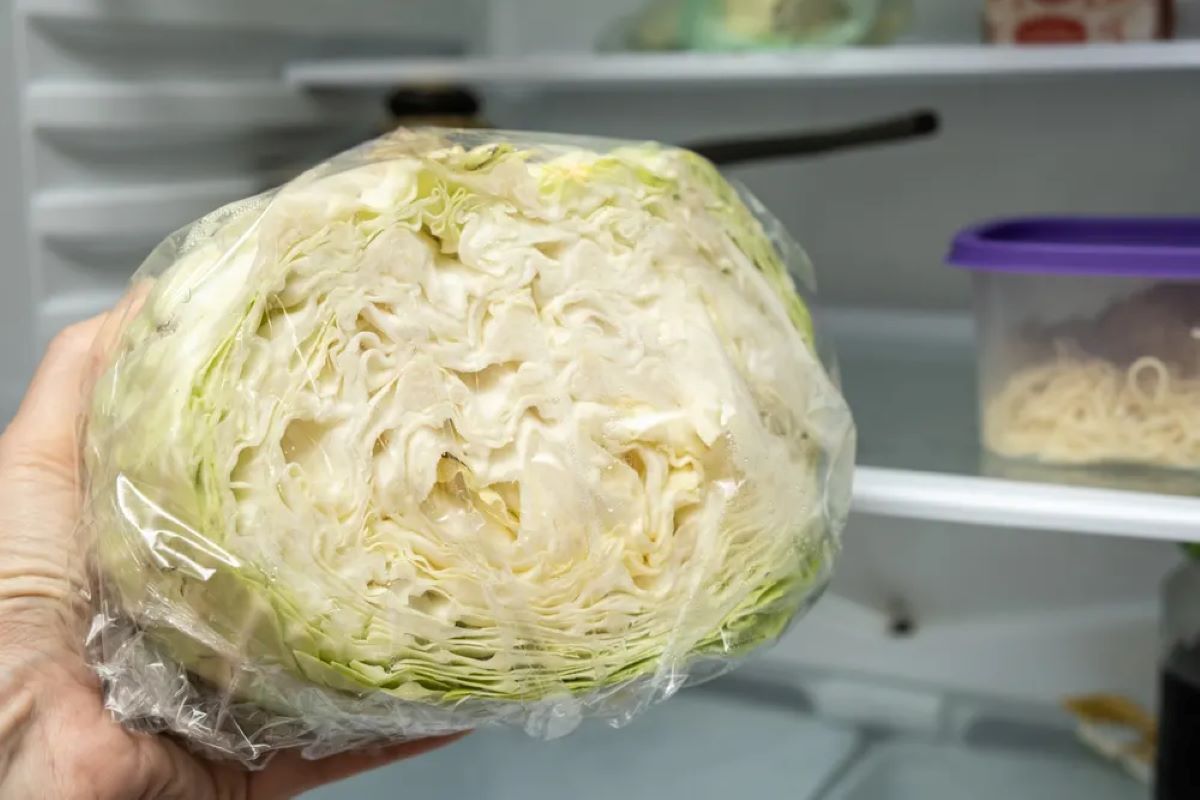
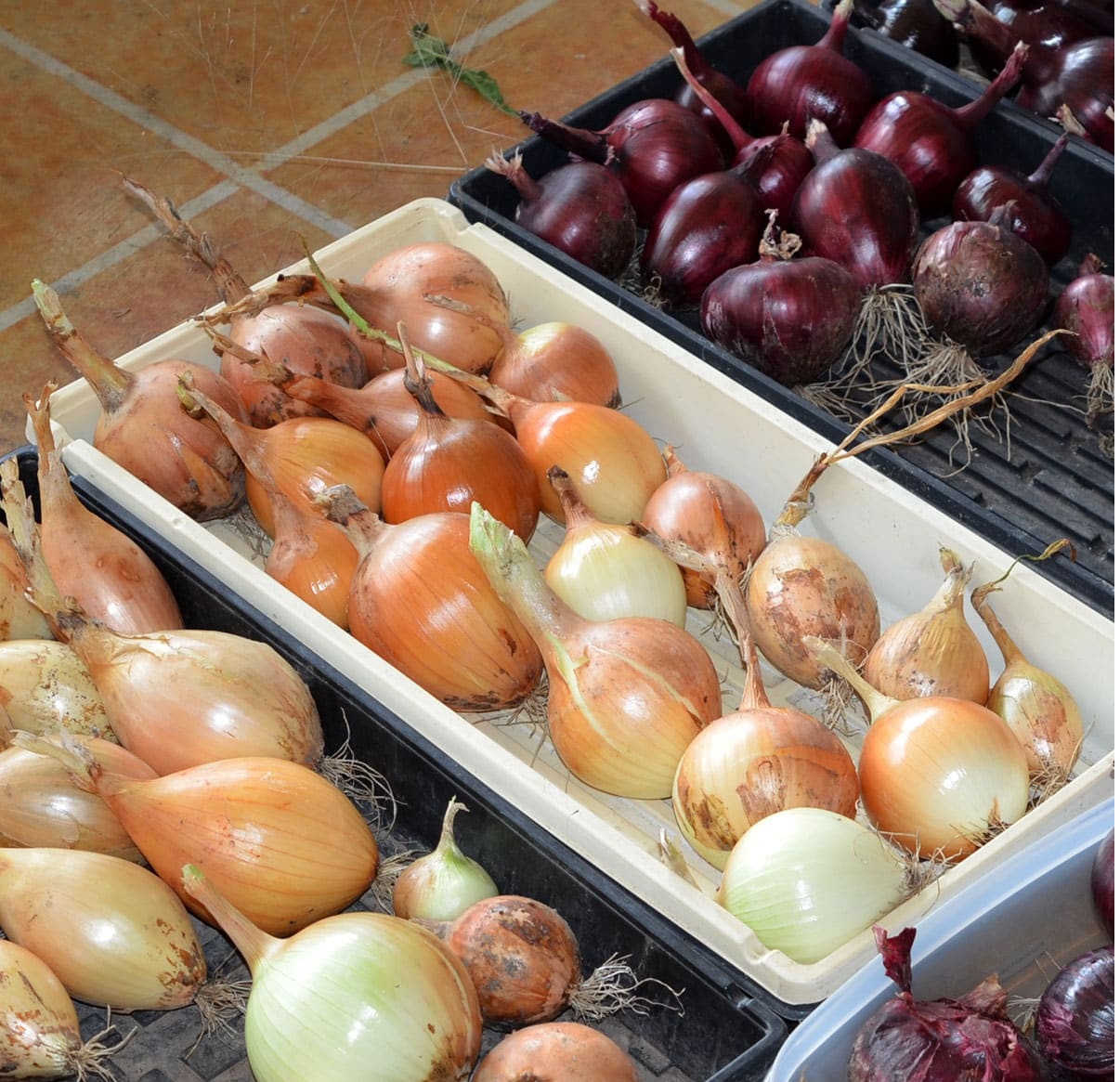
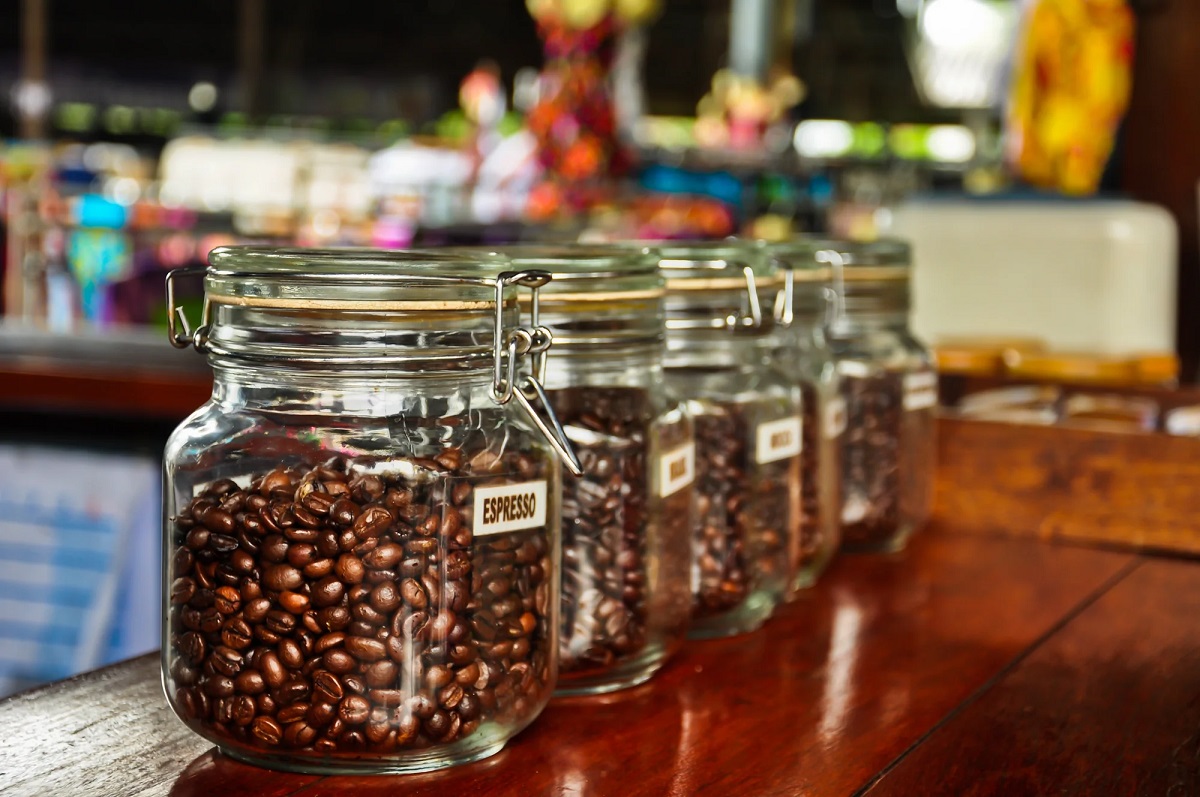
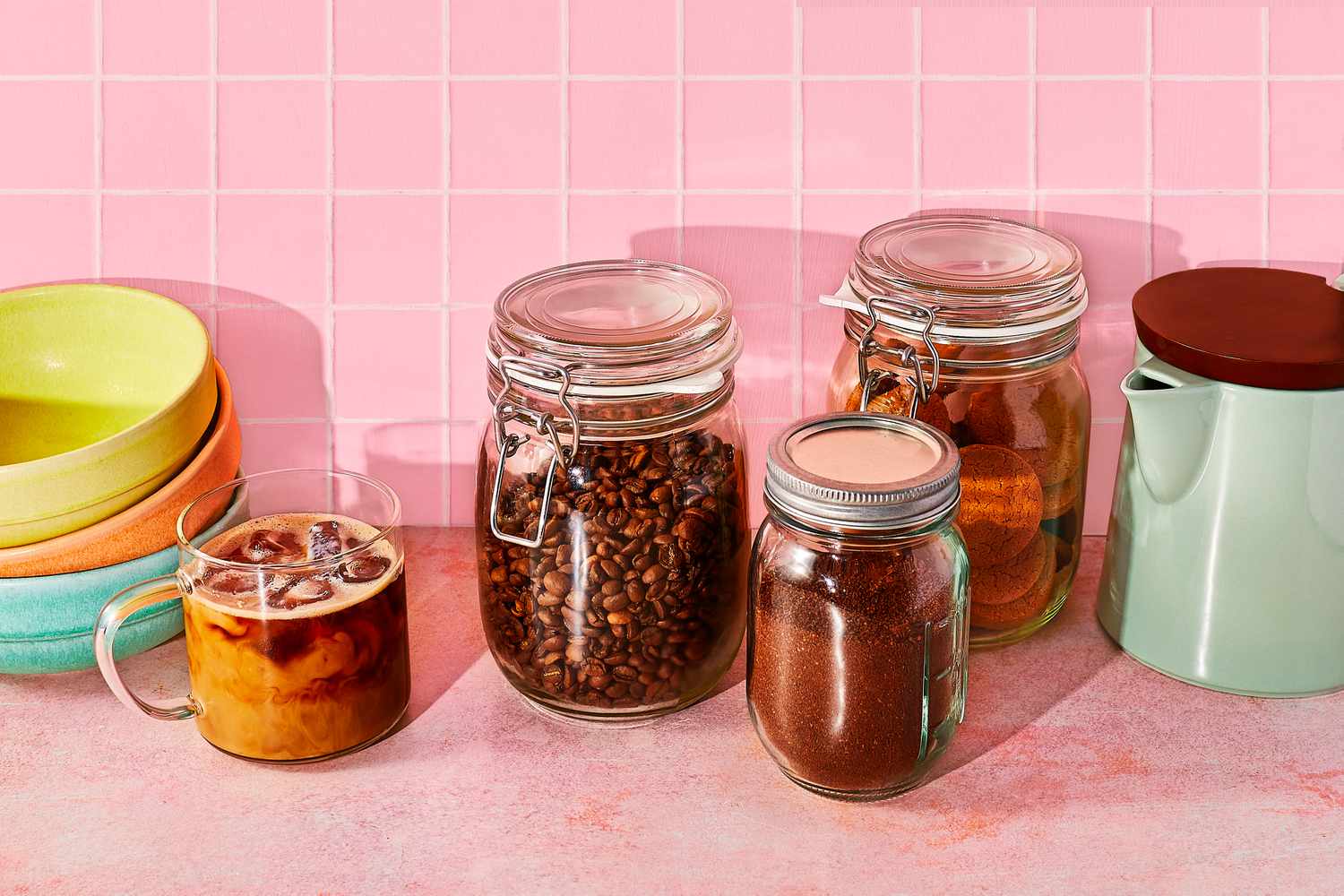
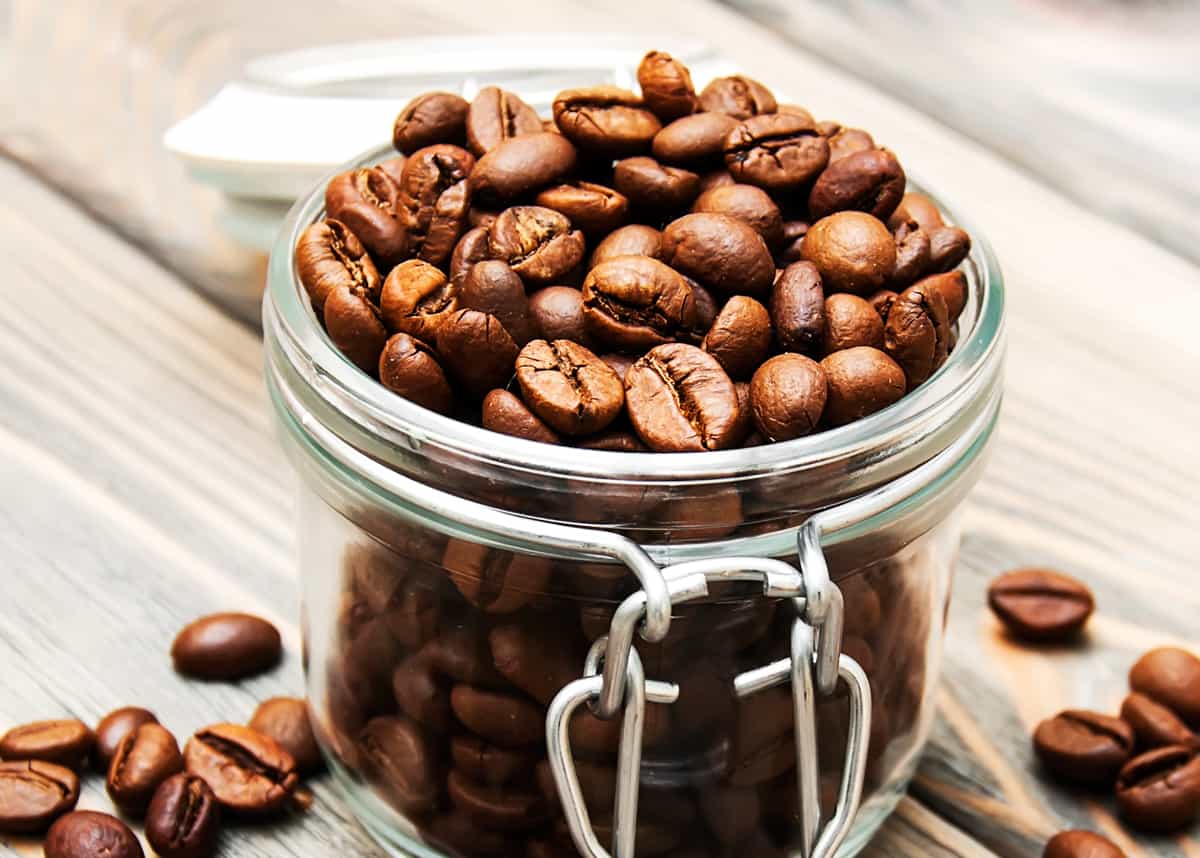
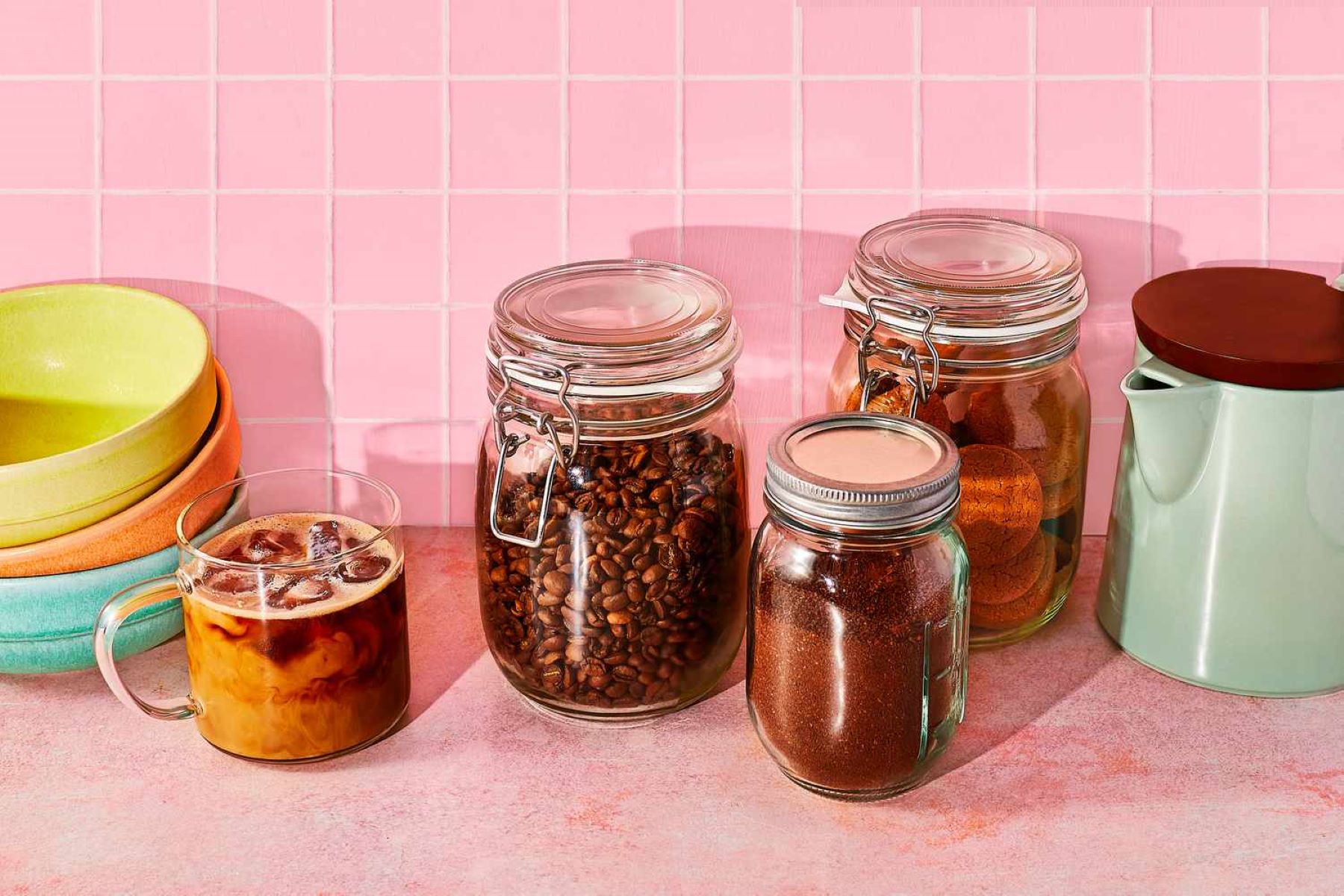
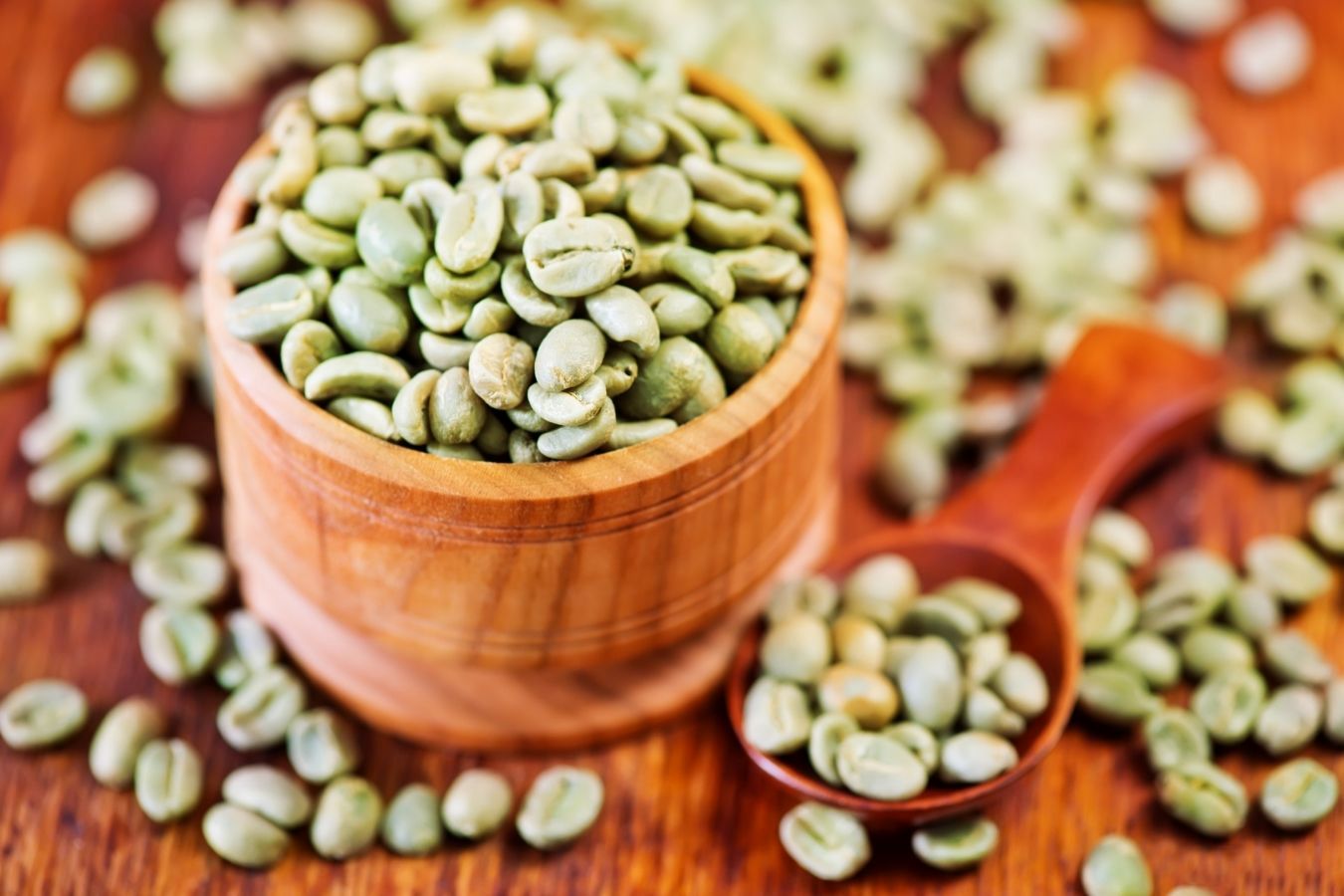
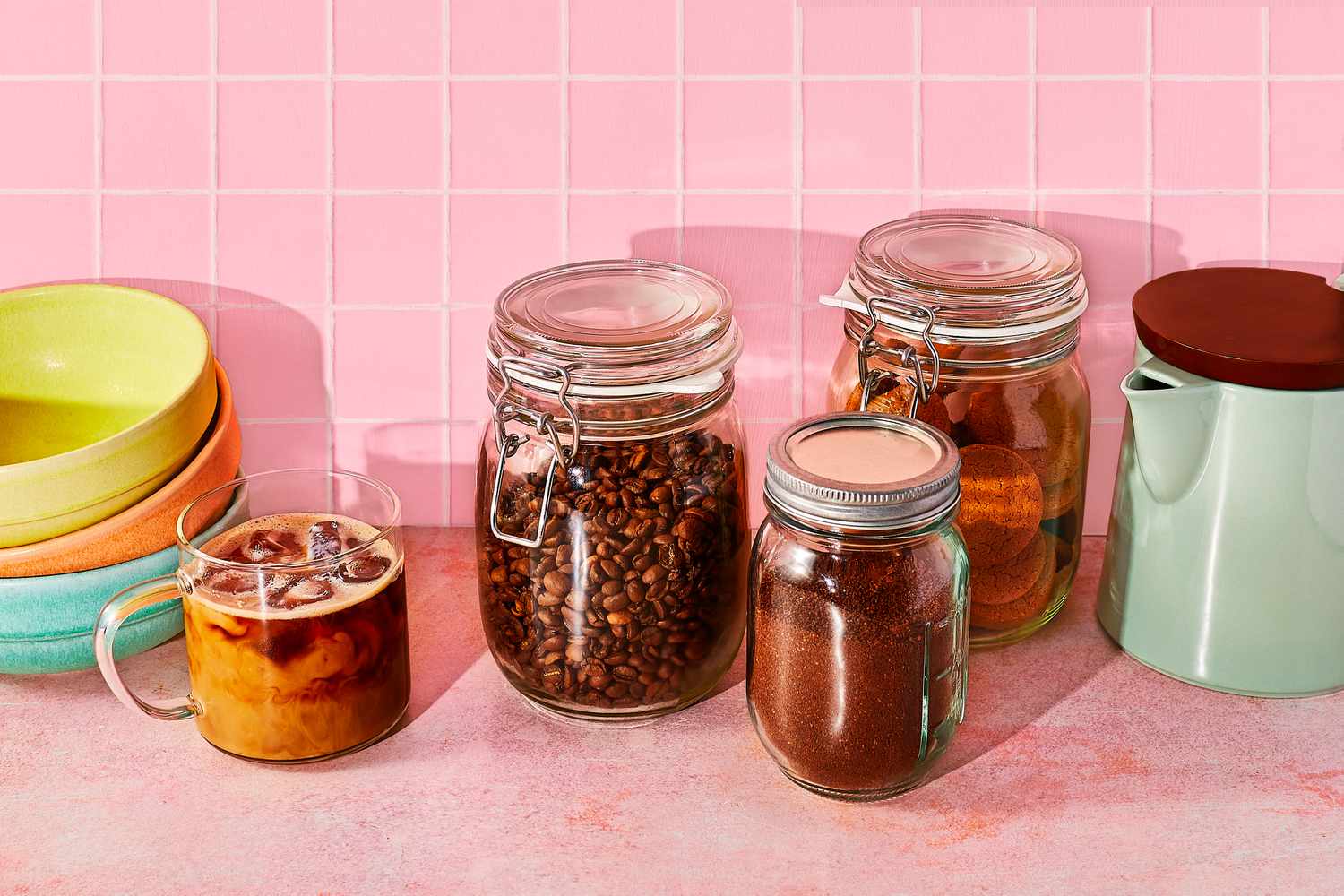



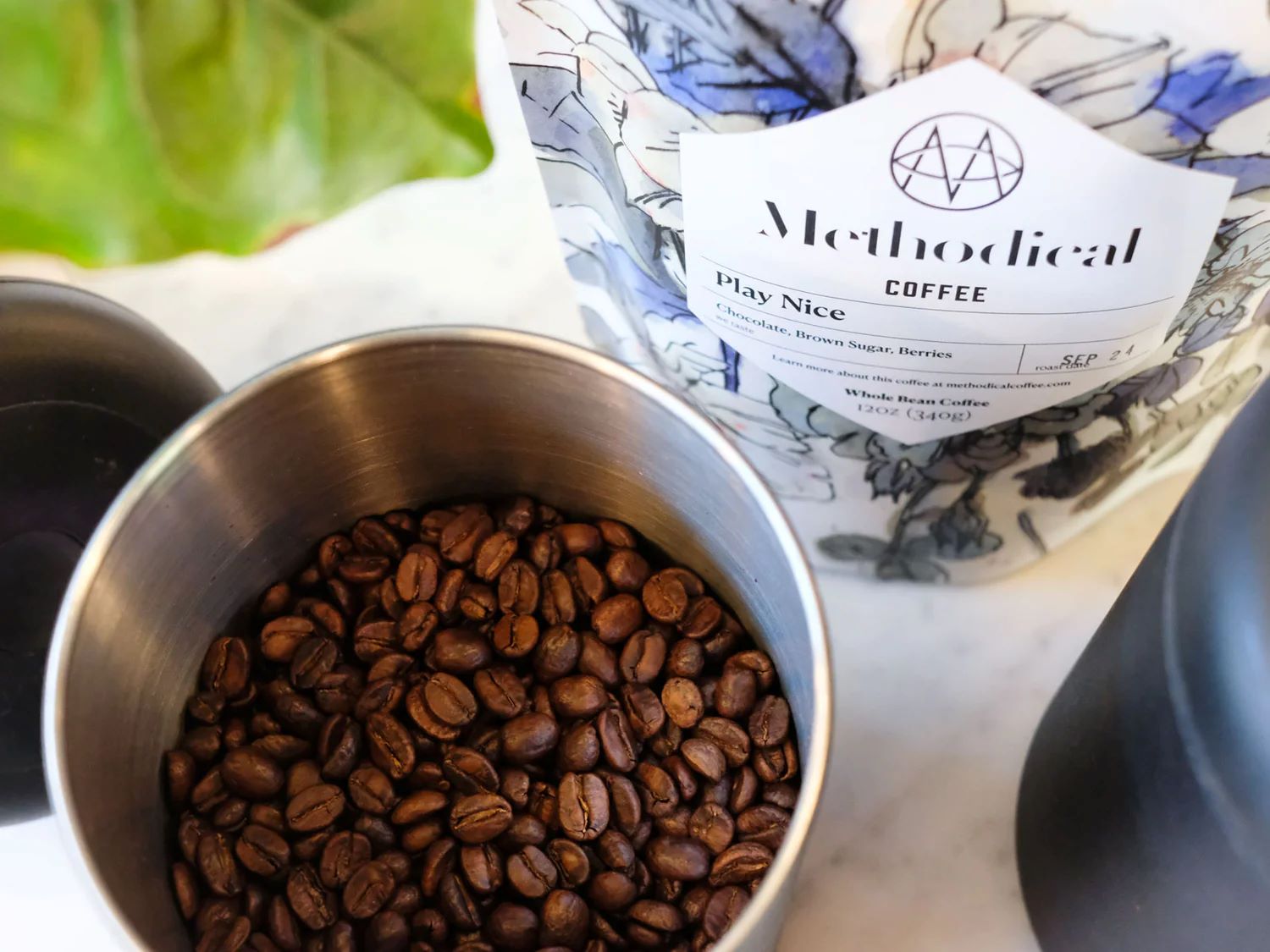
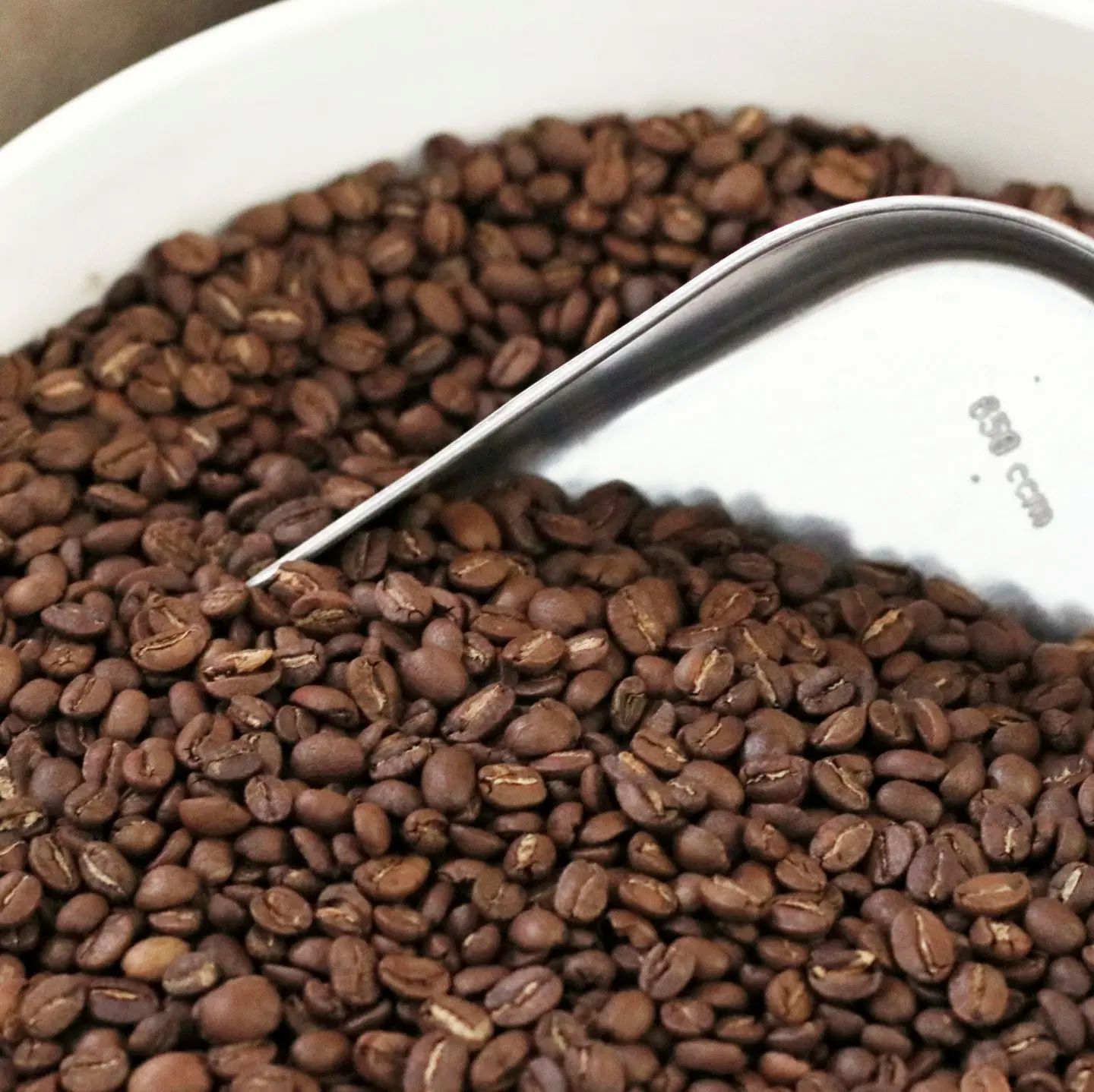
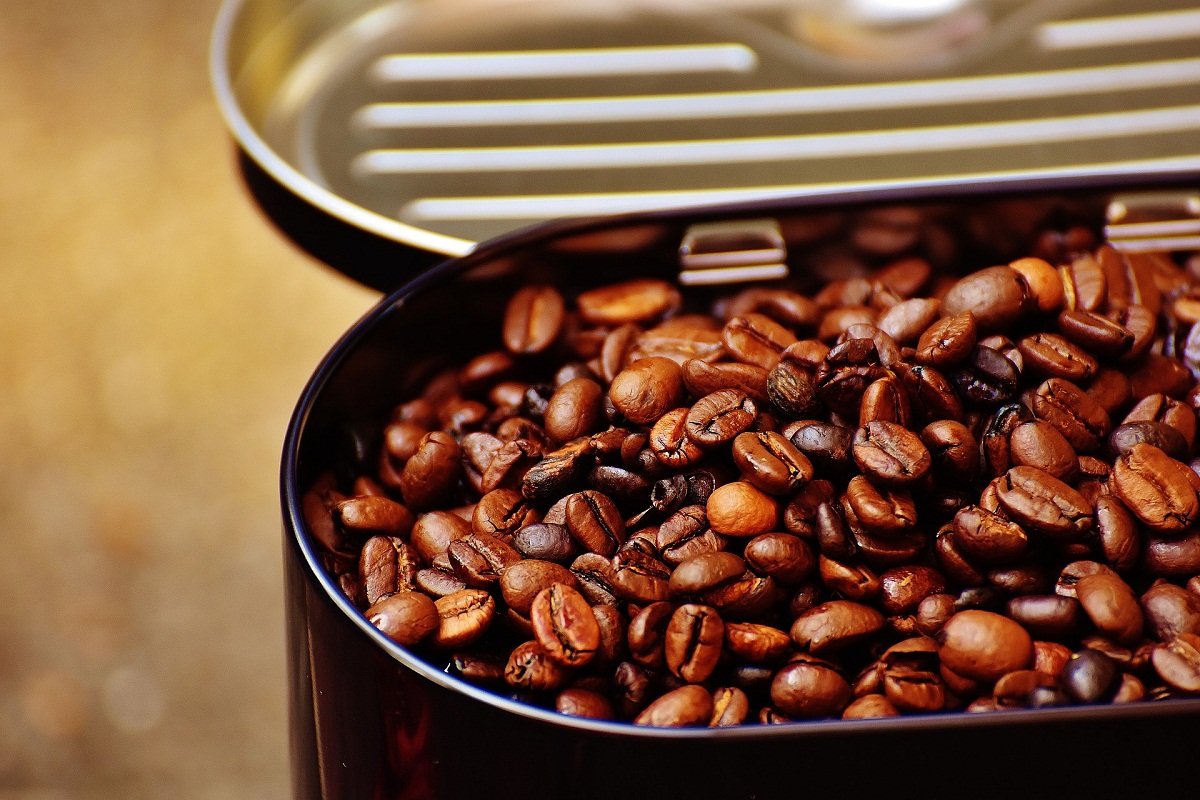

0 thoughts on “How To Store Coffee Beans For 6 Months”